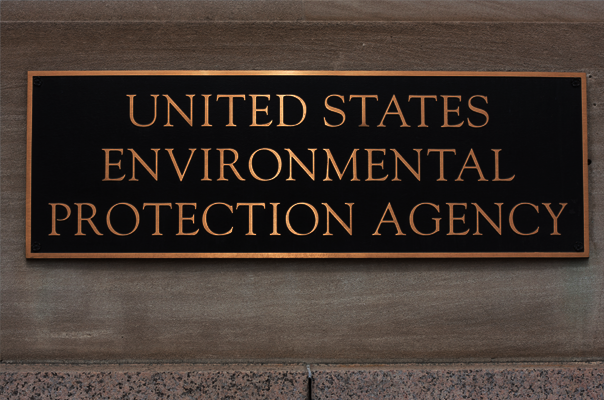Search anytime by typing below
Thanks for joining the AEA efforts to help combat rising energy prices. We don’t want to bug you that often, so let us know what energy issues interest you, and we’ll keep your inbox happy.
*Please fill in all items





